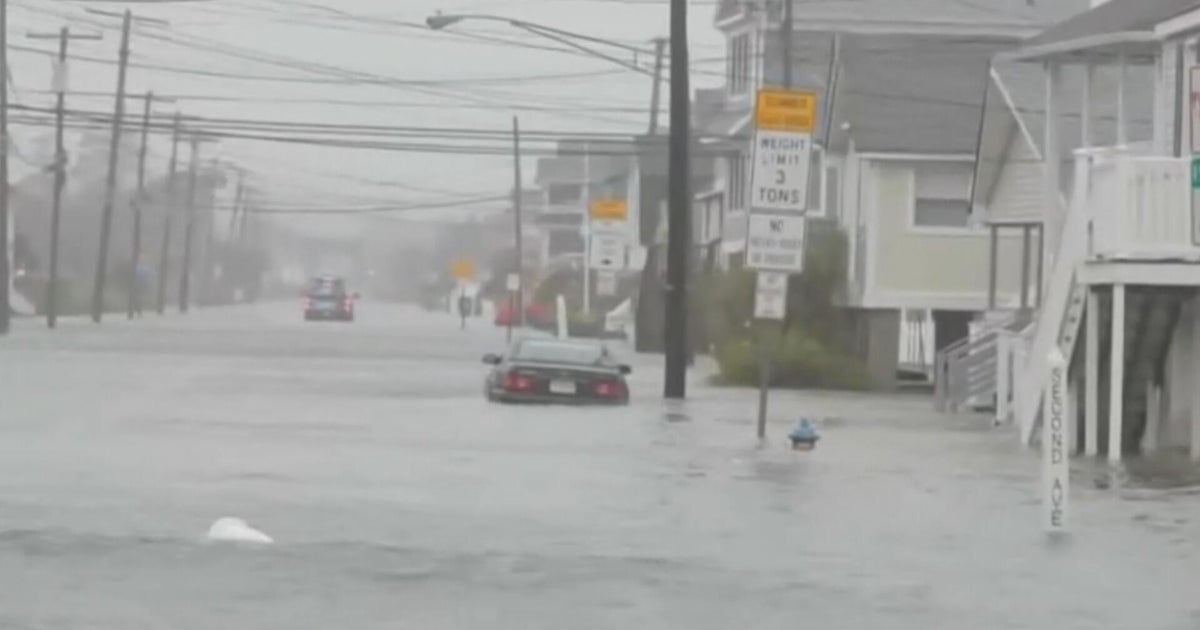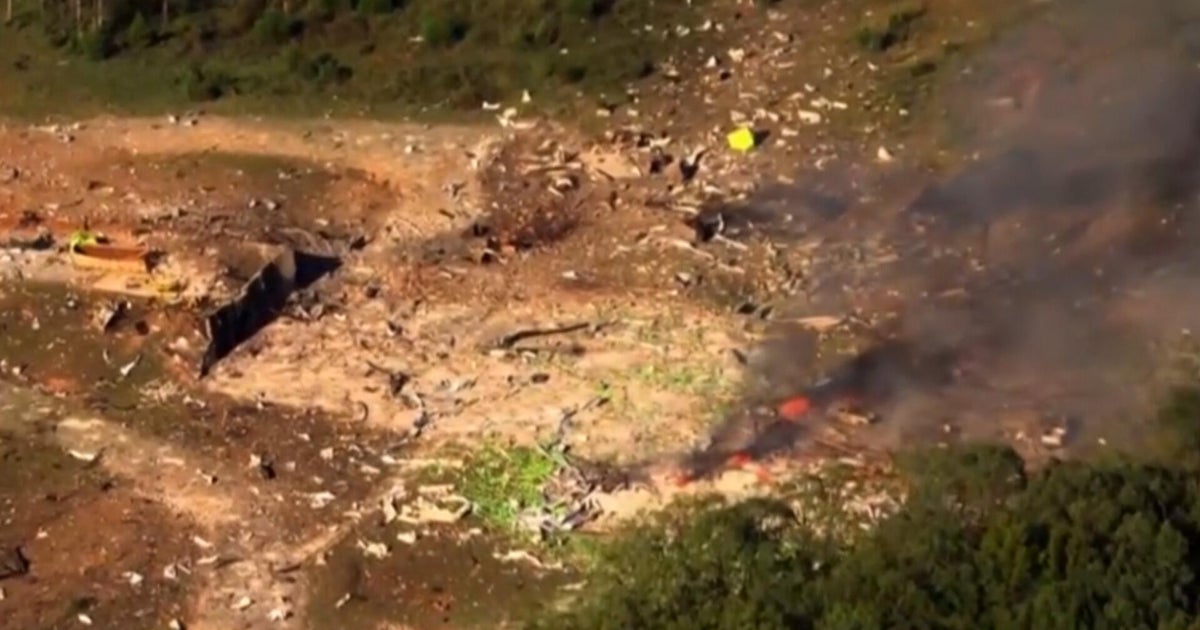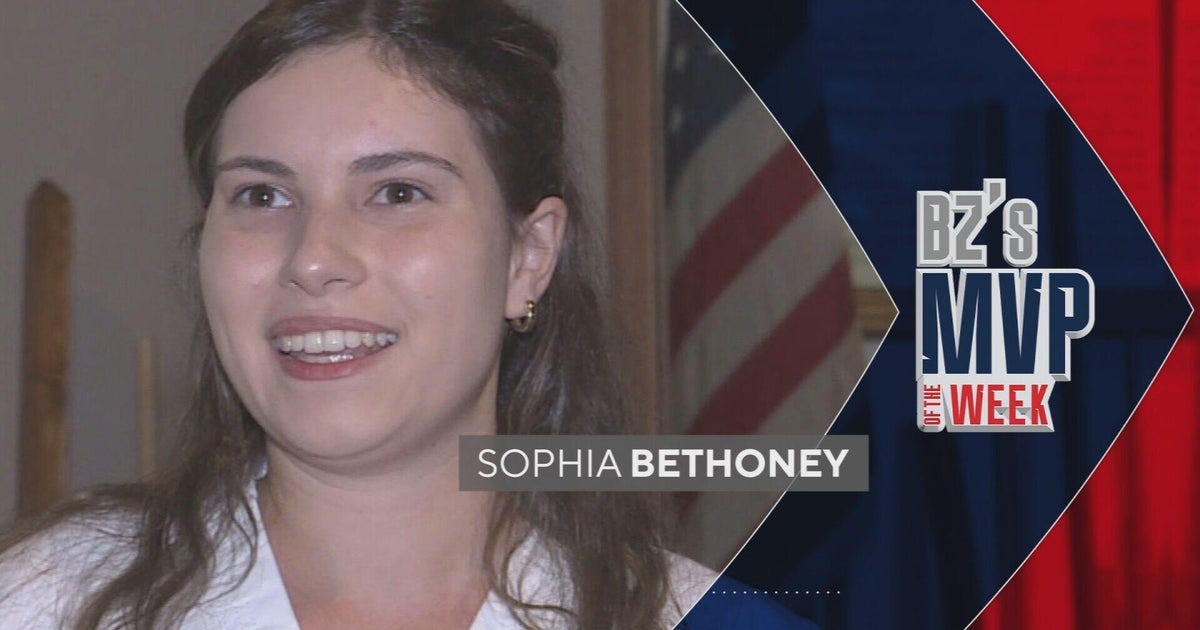Marc Maron didn’t invent the question “Are we good?” or the medium of podcasting, but he’s made both indelibly his.
For 16 years, the caustic comedian has opened emotional wounds and settled old scores on WTF with Marc Maron – the pioneering podcast that signed off on Monday, with an interview with former US president Barack Obama, after 1086 episodes.
Launched in September 2009, it’s featured everyone from Paul McCartney and Nicole Kidman to then-president Barack Obama, though the truly combustible instalments – the “Are we good?” episodes where he would work through tension or decades-long grudges on-mic – were usually fellow comics: Louis C.K., David Cross, Margaret Cho.

Comedian Marc Maron during an interview with host Seth Meyers.Credit: Lloyd Bishop/NBC via Getty Images
That unapologetic, gruff approach - which allows him to get to break through the press-cycle glaze to get to something honest - is Maron’s superpower.
Perhaps I should have tried it myself when we spoke in early October, a week before WTF’s final episode. Something was up. The first few awkward overlaps on Zoom I blame on lag between Sydney and Los Angeles, but even through pixelated iPhone footage, Maron’s furrowed brow behind wireframes suggests something heavier.
Since announcing the show’s end in June – citing burnout – he’s been looking back. On air, he recently revisited the interview where he first met filmmaker Lynn Shelton, who later became his partner before her sudden death in 2020.
Did revisiting episodes cause him to reflect on how he’s changed over time? “Not really,” he shrugs. “It just made me feel like, I’m pretty good at this.” Okay, well, which guest surprised him most? “That’s a difficult question.”
Toward the end, when I ask if he’s ready to say goodbye to WTF, Maron cuts through a question with one of his own: “Are we wrapping up? I’ve got to get going. Sorry, I don’t mean to be rude.”
For WTF’s devoted “What the F–kers” and “What the F–kniks,” this is peak Maron: the gruff philosopher-curmudgeon who can’t help being sincere. Not every guest appreciated it (Gallagher stormed out), but the approach transformed him from a “comedian’s comedian” into podcasting’s unlikely conscience.

Robin Williams and Marc Maron photographed in 2010.Credit: Courtesy of Marc Maron
While he told fans he was burnt out, he admits he’s not quite sure how he’ll fill the hours once the microphones are off.
“Between stand-up and the podcast, and acting, sometimes, it was every day,” he says. “There’s going to be a big gap there, talking to people [on the podcast] is a bit part of my social life and emotional life, talking in these long, very fulfilling conversations.”
“My social life outside of it is not that large, so I’m going to miss that. I’m a little nervous about the human connection on a regular basis … I am scared of a smaller workload because then I really have to sit with myself. But I think it’s important to do that.”
Launched five years after the term podcast was coined and five years before true crime saga Serial, WTF helped define the medium’s modern grammar: intimate, unfiltered, self-authored. Maron’s hours-long conversations created space for vulnerability and depth that traditional media rarely allowed. From his garage studio – dubbed the Cat Ranch – Maron built a following of 55 million downloads a year, riffing on comedy, politics, and his cats’ medical issues. In doing so, he opened the door for a generation of celebrity interviewers who borrowed his intimacy, though often stripped of his rawness, turning what began as one man’s confessional into a global content format.

Owen Wilson and Marc Maron in Stick.
“It’s kind of the wild west out there [now], and it’s a very glutted space,” he says. “But every once in a while, somebody locks into something, and it gets out in the world. You just have to stay on top of it, and keep showing up with the same intensity that you got your break with.”
Loading
That consistency turned WTF into a platform that revitalised his career, landing the acting gigs and stand-up specials that once felt so far away, including a spot on Netflix’s GLOW and his own three-season sitcom, Maron.
Back in 2009, Maron didn’t have much left to lose. There were two failed Saturday Night Live auditions (eventually, he’d hash this out with Lorne Michaels). Should-be stepping stones, such as an HBO special and repeat slots on Letterman and Conan’s late-night shows, never made much impact. Fired from Air America radio, he was twice divorced, sober and seething. With producer Brendan MacDonald sneaking him into old studios after hours, they made a show. Marron soon set up a studio in his Los Angeles garage, a set-up he’s kept up even with a house move.
“I was always trying to put myself out there in an attempt to become a whole person,” Maron reflected on WTF’s penultimate episode, his final solo episode. “So, I thought, if I could be seen, and I could show myself that somehow or another, I would come together.”

Marc Maron (Gideon Pearlman) and Alejandro Hernandez (Luis) in The Horror of Dolores Roach.Credit: Prime Video
At first, WTF was a peak behind the comedy store curtain, with comedians like Patton Oswalt, Margaret Cho and Maria Bamford, chatting industry gossip and inspirations (“Who are your guys?” is another classic Maron question).
He was fond of bringing his problems as a point of discussion too, and things clicked as Maron started being remarkably frank, talking about addiction and his frustrations in his career, leading to fascinatingly raw conversations as guests matched his energy.
Less than a year in, Robin Williams was remarkably candid about his struggles with depression, alcoholism and suicidal ideation. That Williams episode, later archived by the US National Recording Registry, captured the medium’s power: two comics quietly discussing depression, alcoholism, and suicidal thoughts. When Williams died in 2014, Maron re-released it, voice cracking through the intro.
The guests might have been a draw, but it was always Maron himself who kept listeners coming back. The cranky, curious voice that opened each episode like a concerned friend checking in: Have you seen the mechanic? What about that appointment you’ve been putting off? Over the years, thousands of listeners have written to tell him that those exchanges helped them through dark patches and shifted their mindsets. With news of WTF’s end, those letters have only multiplied.
“I feel bad for a lot of the fans that have grown to have a very intimate relationship with the show,” he says. “It’s a loss. It’s real, the weight of not doing it.”
Despite the intimate nature of podcasting – where hosts are often speaking directly into your ear – Maron says his audience is “pretty respectful” across the board, though he has learned to draw firmer lines.

The man in the ring: Marc Maron plays the wrestling coach.Credit: Erica Parise/Netflix
“When you talk about a relationship, they don’t really have a rebuttal,” he says. “Various women have said, ’It’s not fair that you talk this way or about that, when I can’t give my side of it. That’s one element.
“And you know, I have a private life. Not everything is available … [Otherwise] eventually you end up depleted. There’s something to keeping some things to yourself, so at least you have some self-ownership.”
If there’s been any criticism from fans, it’s that Maron, an outspoken progressive, isn’t sticking around to be a figure on the left. It has been on Maron’s mind: When announcing WTF’s end, he called himself podcasting’s Oppenheimer, delivering a great evil – the male comedian with a microphone– onto the world. Last year, Maron made headlines for calling out comedians who “joke around with fascists”, days after Donald Trump made a presidential campaign pit-stop on The Joe Rogan Experience.
Despite this, Maron says WTF has never been a dial-shifter. “It was never a political show,” he says. “My personal opinions about politics filtered in out of necessity. I know that people say, ‘We need you now!’
“But nothing that we did on the podcast ever got as much traction as [political] bits from my comedy special, which have millions of views.”

WTF host Marc Maron in his special Panicked on HBO Max.
He’s referring to his most recent HBO special Panicked named after what he refers to as obsessional anxiety, a non-stop worrying. “I also think it’s a place many of us are at,” he says, adding a clarification that he means “rational people”.
The special, which has received some of the best reviews of his career, is loaded with political jabs, including a self-reflective, viral zinger on how Maron and other fellow progressives have “annoyed the average American into fascism”. It freewheels between a risqué section about a potentially traumatic childhood to an unexpectedly tender riff on a Taylor Swift song that captures his mourning for Shelton.
If there’s one thing Maron has been most open about over the years, it’s Shelton’s death. Two days after she died in 2020, he replayed their 2015 conversation with a raw and messy introduction. “I don’t even know if I should be out in public talking,” he says, “but this is what I do.”

Marc Maron and Lynn Shelton attend the 2020 Vanity Fair Oscar party.Credit: Getty Images
But he’s most proud of that childhood section, as he eases the tense audience into laughter. It might be the first smile I see, when I say that it made me laugh, and hit home.
“[The special’s] really packed, but I feel good about it. There is a comedic challenge to [that], and when it works, it’s great,” he says.
There’s something to keeping some things to yourself, so at least you have some self-ownership.
“That’s the ultimate goal. If you say the unspoken – not in a ‘I shouldn’t say that’ way, but if you take the emotional risk and talk about something that most people keep unspoken, then there’s a real relief valve there for people that identify with it.”
Maron’s own relief valve, clearly, is work – and despite WTF ending, he has no plans to pause. Days after the finale, he’s testing new material at Los Angeles comedy club Largo. A WTF book is on the way, as are acting gigs: a Bruce Springsteen biopic, Apple’s Stick season two, his own planned directorial debut.
Loading
Plus, there’s Are We Good? – a documentary recently released in the US by Steven Feinartz, who followed him around in the aftermath of Shelton’s death as working up to his eviscerating, grief-dripped 2023 special, From Bleak to Dark.
Maron is happy with it, though says Feinartz made him look “a little crankier than I am. But it’s balanced”.
“When I watched it, as if I weren’t me, it seems to be the portrait of a cranky, sensitive guy who, despite himself, succeeded somehow. And Steven said, ‘Yeah, that’s exactly the movie’.“
Panicked is available to stream on HBO Max. The final episode of WTF with Marc Maron aired on Monday.


















































